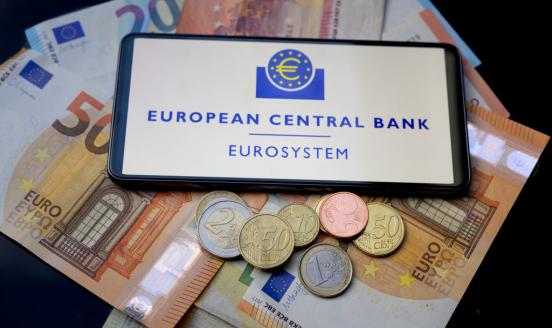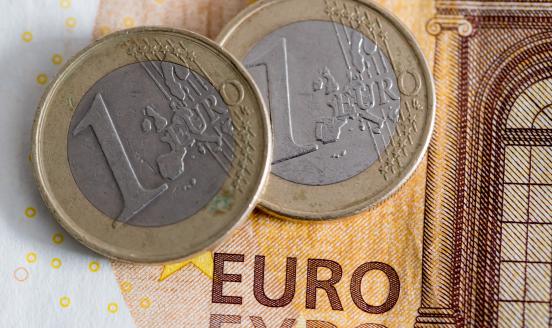The tyranny of EU treaties
It is an overdue question whether those agreements are still fit for purpose or if they must be changed.
At the heart of the EU’s legitimacy as an institution is its treaties. These agreements on what Europeans need to do together to achieve common goals reflect a view of the world held at the time of signing. It is an overdue question whether those agreements are still fit for purpose or if they must be changed.
Almost all efforts to meet the challenges of today and tomorrow however are defended within the confines of no-treaty-change. The latest State of the Union address by President von der Leyen is no exception to those defences. The need for every national parliament to ratify any treaty change is the political economy obstacle that many fear to tread.
Herein lies an uncomfortable inconsistency. No sooner do many politicians and commentators defend a climate emergency than tell us in the same breath that whatever we do to deal with it, must be done with the lens and instruments of the past. The EU is like Icarus who is happy to attempt to fly a second time with his wax wings because this time he will not fly as close to the sun, forgetting that the planet is boiling!
Although it is the most imminent worry, climate change is not the only one. A digitalised world increasingly connects every corner of the world, exposing everyone to the perils of ungoverned networks. Shifting global powers, from the West to the East, challenge the way that our economies interact and the rules under which they do. And worse, after over 70 years of global peace (alas with pockets of wars around the world), the threat of global conflict is again real.
The EU is moving from having a treaty that provides it with legitimacy, to having a straitjacket that threaten to suffocate it. President John F. Kennedy famously said that “Those who make peaceful revolution impossible will make violent revolution inevitable.” Can the EU instigate a peaceful revolution in the way that it organises itself, to avoid the real possibility of falling apart?
This is not to trivialise the risks of revisiting international agreements. The fear of opening a sac of Aeolus for everyone to pick and choose what they want politically is a real and present danger in a group of 27 sovereign nations. But there is an inflection point beyond which the risk of doing nothing is the greatest risk of all. Or worse still, small changes within the confines of what treaties allow, cannot address the great challenges ahead and provide a sense of false security.
For the EU to remain relevant in the global scene and protect its welfare, it needs to have the scale to defend itself against aggressors that threaten its economic security, but also the finance to invest in its future.
The three ingredients to enable this are 1) enlargement, 2) common fiscal resources to finance European public goods and 3) ways to use the private savings of Europeans so that capital markets can finance the multiple transitions our societies are undergoing. All three need treaty changes.
Enlargement requires a serious rethink of the EU’s governance structure and/or the speeds and levels of integration. Common fiscal resources require the creation of a system of fiscal transfers that centralise some power to tax and spend. Funnelling private savings into capital markets requires scaling up, which will not happen without having an anchor in the form of a common European safe asset.
President von der Leyen’s State of the Union speech, a good listing of all things achieved in the past four turbulent years, gave no recognition to the urgency for future reform. It is of course not the European Commission’s task to decide on what that vision should be. That is always the individual member countries' prerogative. But the European Commission is the only one who can speak for the Union of 27 and what we needed to hear was how to be bold. Instead, we got more of the same. The question of whether treaties serve the EU well will have to wait.



